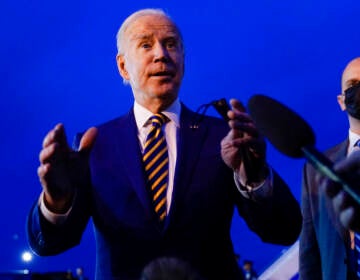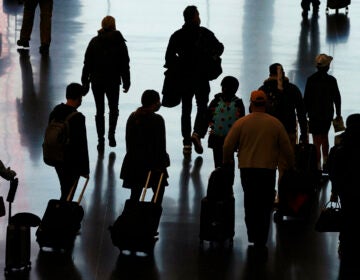Stranded in South America: ‘Our embassy and state department have failed us’
As South American countries close their borders, those trying to get back to the U.S. encounter dead ends.
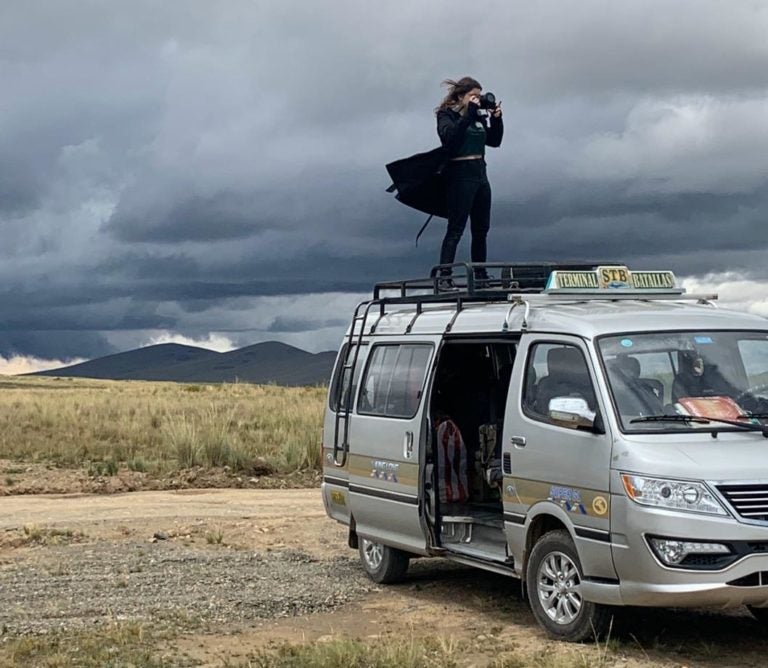
George School senior, Julia Carrigan, preparing for a film shoot in La Paz, Bolivia. (Photo courtesy of Emily Blanck)
Sara Schuenemann and Richard Levering work in Philadelphia but are some of the many U.S. citizens stranded abroad because of the coronavirus pandemic. Across South America, countries have closed their borders. Inbound and outbound flights in much of the region are now prohibited, leaving these Americans in limbo. The U.S. State Department can’t promise them when they can return.
Schuenemann and Levering touched down in Lima, Peru on March 11, en route to Argentina to visit Schuenemann’s mother. On the morning of March 16, the couple received a letter under the door of their hotel room announcing the border and airports were closing at midnight and they would need to leave the country.

Schuenemann and Levering have been under quarantine in Peru for more than ten days, with little to no contact or help from the State Department. They say they are tired and running out of patience.
“There has been no guarantee of really anything,” said Levering. “No reassurance. There hasn’t been an embassy official saying ‘Hey, we have you on a list … I went to the embassy on the first day because we were frightened. When I went, they basically said, ‘You’re under Peruvian law … good luck.’”
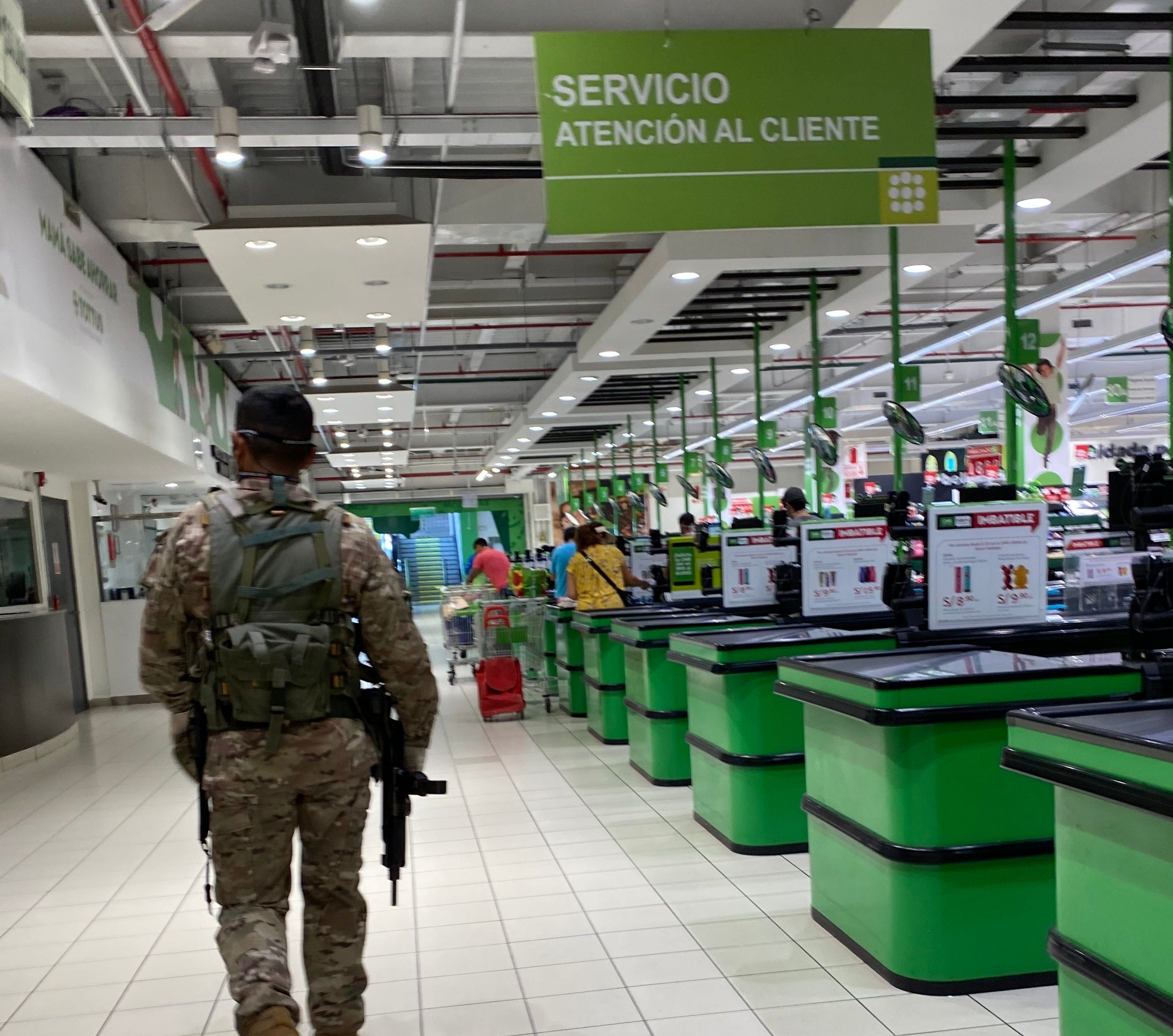
The couple say they’ve attempted to contact the Embassy by phone, incessantly, but their calls are ignored or rerouted to Washington, D.C. Schuenemann and Levering did sign up for the Smart Traveler Enrollment Program (STEP), a free service for U.S. citizens traveling abroad that allows you to receive critical information in the time of an emergency. They say STEP has provided zero clarity on their situation. They say the email updates they do receive are brief, vague, and lack useful resources or information.
“Americans are reaching out to Americans because our embassy and state department have failed us,” Levering said.
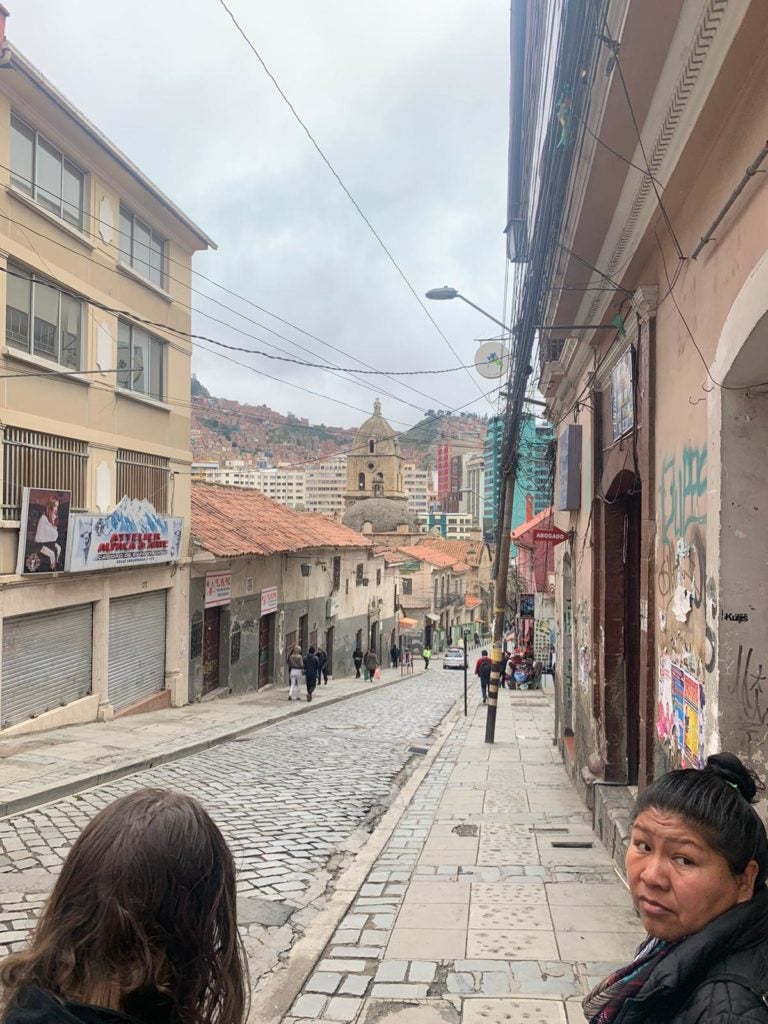
U.S. Citizens in Peru and across the region are depending on each other and online communication to get home. A week into the couple’s stay, half of the guests in their hotel vanished, having used connections with a tour company to get on a chartered flight back to the States.
Panicked, yet motivated to act, Levering and Schuenemann started a WhatsApp group called the LimaUS Taskforce, which has blossomed into a sizable community of stranded U.S. citizens. Levering found the first couple of members in the hotel lobby. He would wait for guests who happened to be American to walk by and invite them to join the group.
“People are getting home safely, getting safe passage because of this group,” Levering said. “Everybody is sharing their little nugget of information with each other, because right now information is gold.”
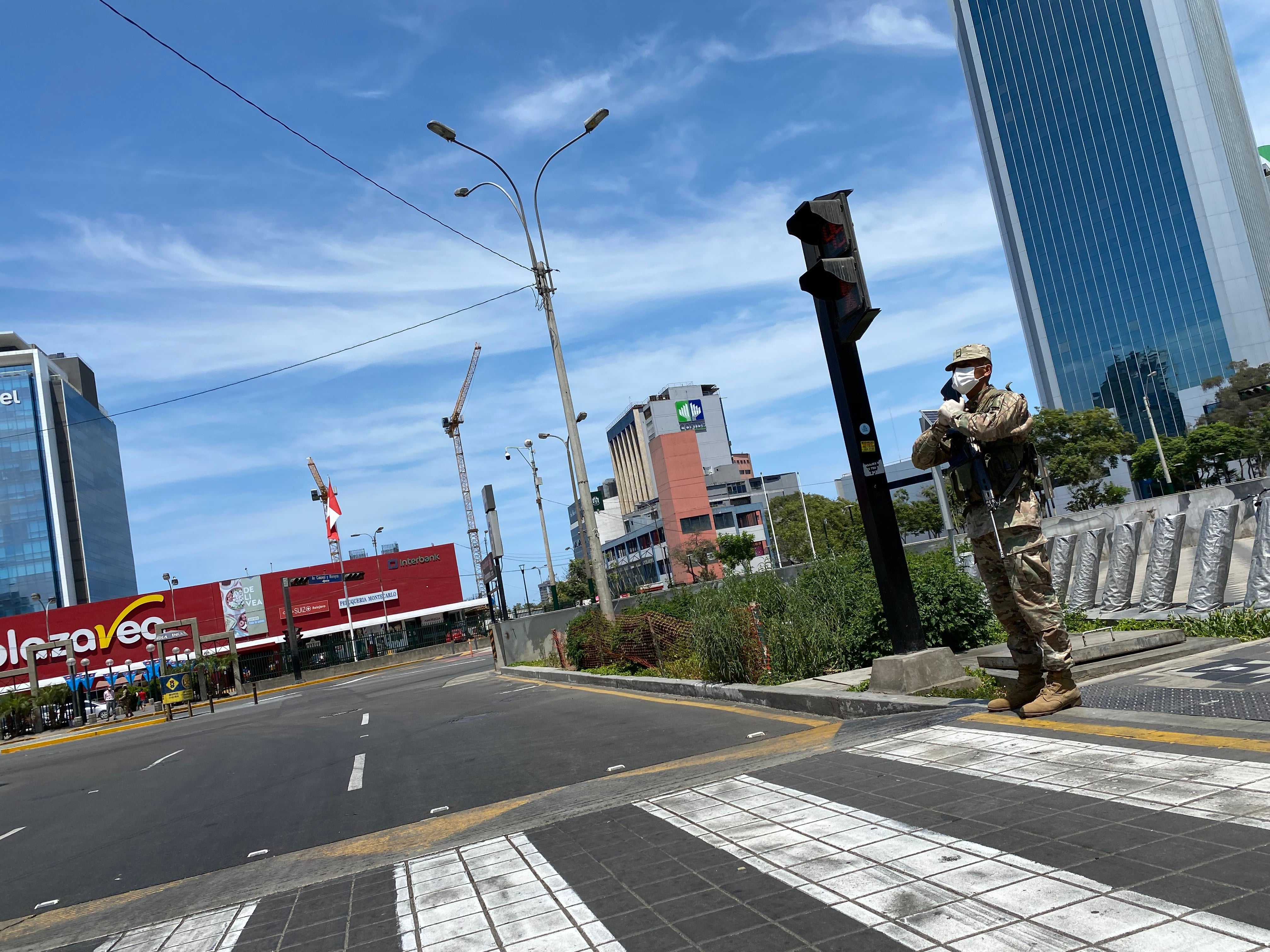
It is common for members of the WhatsApp group to share information about charter flights out of the country, and a few members have successfully boarded planes back to the U.S. as a result of the group. Schuenemann says getting messages from friends in the group who made it home is providing her with much needed sanity.
This couple also faces another dilemma. They are traveling with their emotional support dog, Banjo. Schuenemann says if the U.S. evacuates citizens on an emergency flight, no animals will be allowed on the plane. Charter flights are their only options at the moment, and this could cost them upwards of $2,000 each.

Emily Blanck of Glassboro, N.J. and her daughter, Julia Carrigan traveled to Bolivia on Thursday, March 12. Carrigan, a senior at George School in Bucks County received funding to shoot a film on the Friends Bilingual Center, a Quaker organization working with youth in La Paz to address climate change.
By Tuesday, in response to the spread of coronavirus, the Bolivian government instituted a strict curfew. Later that evening, it was announced that all flights after Friday would be cancelled. Carrigan and Blank were immediately put on high alert, because they were scheduled to depart Saturday.
The mother and daughter are currently under quarantine in an Airbnb in Santa Cruz. They made the arduous journey to the Brazilian border to try to catch a US-bound flight out of Sao Paulo, but they arrived a few hours too late, right after Brazil shut its own borders.
They, too, have relied on information from locals, stranded tourists, the news and Facebook for crucial travel information — not the State Department.
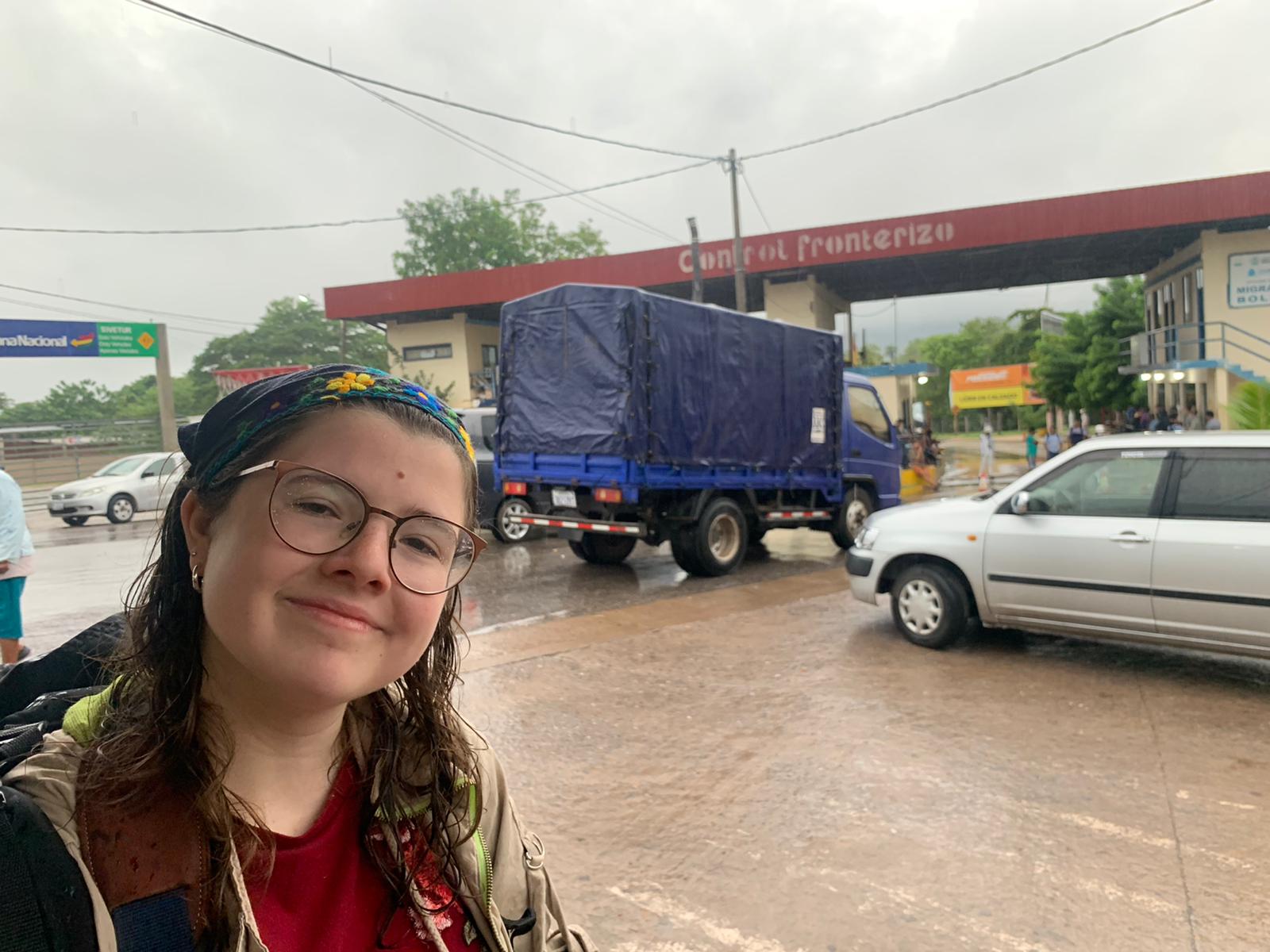
“Sometimes it feels like they [State Department] care a lot, and then sometimes there’s a lot of silence, ” said Blanck. “The fact that when we called the embassy — and we’re sort of in this crisis situation — and we were not able to get a hold of anybody has been very frustrating … There were definitely moments where I wasn’t sure if they would ever get to Bolivia.”
These complaints are not uncommon. The State Department told the New York Times the department “has no higher priority than the safety and security of U.S. citizens overseas.” The department has been encouraging travelers to enroll in the STEP program that many travelers say has been unhelpful.
Blanck said she found out about the potential to fly out of Brazil from a Facebook post, and later had to confirm news of this from a Peruvian taxi driver who reassured her and daughter that they’d be able to cross the border without any problem.
Blanck and Julia were recently placed on a list for an outbound flight by the Department of State. They are hoping to depart this Saturday, March 28.
“My other frustration with the government is the price of this plane ticket,” Carrigan said “This ticket is going to end up costing $1,700. And it’s like, we don’t even have an option.”
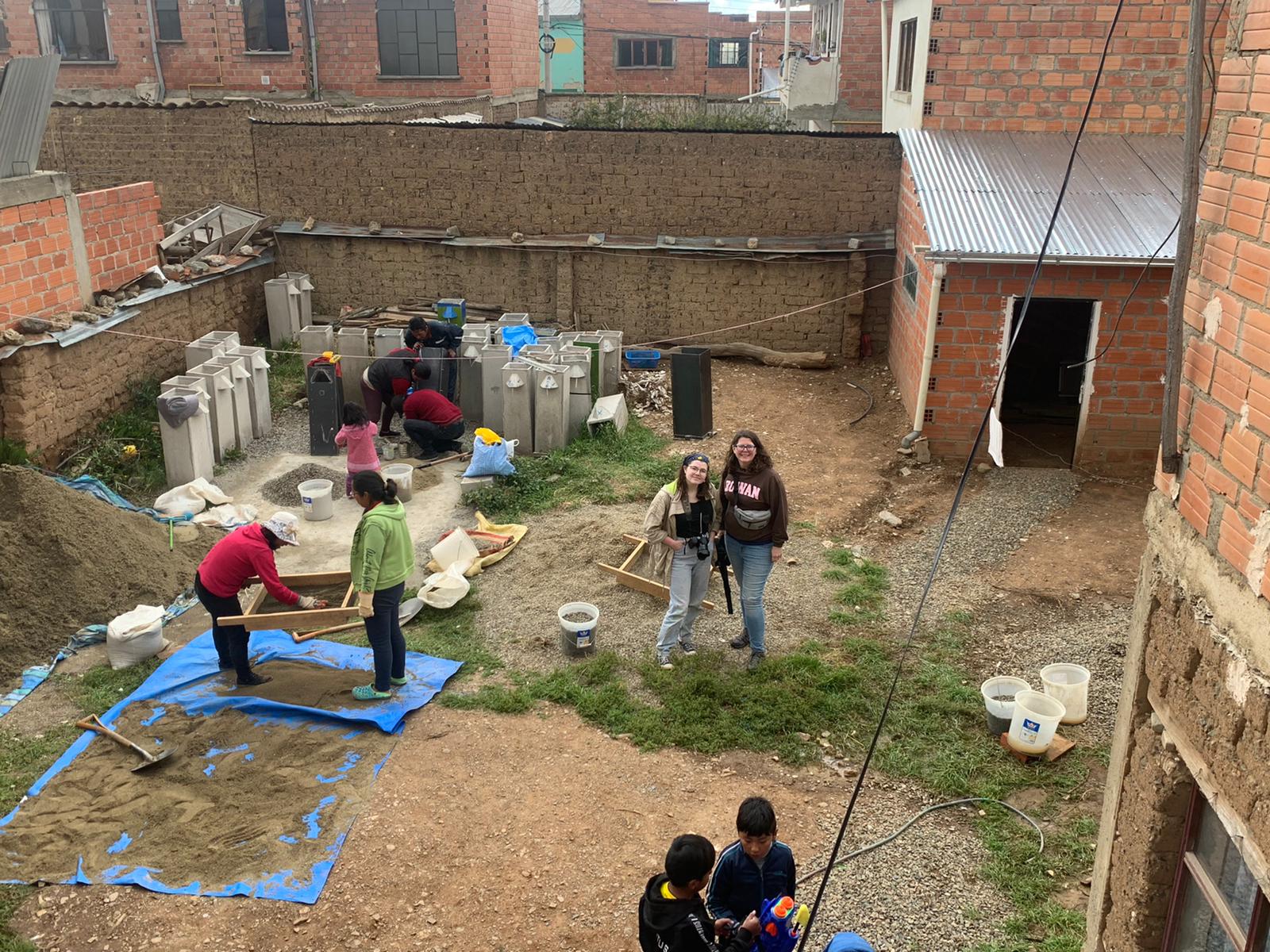
The U.S. embassy says it will charge American citizens trying to get home the standard commercial rate at minimum. In contrast, Germany is paying for their stranded citizens to get home.
Right now, Blanck and Carrigan are just biding their time until they get confirmation from the Department of State about their flight.
WHYY is your source for fact-based, in-depth journalism and information. As a nonprofit organization, we rely on financial support from readers like you. Please give today.


![CoronavirusPandemic_1024x512[1]](https://whyy.org/wp-content/uploads/2020/03/CoronavirusPandemic_1024x5121-300x150.jpg)
